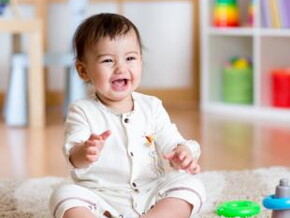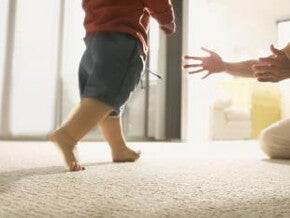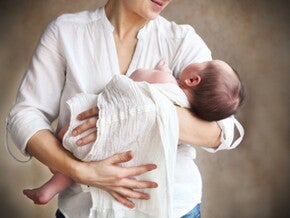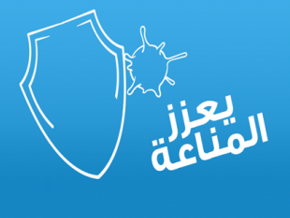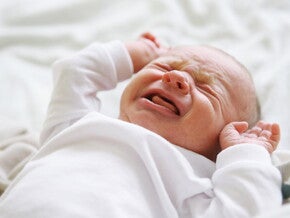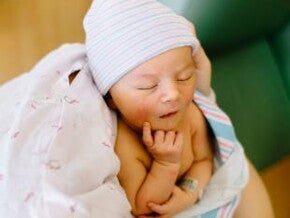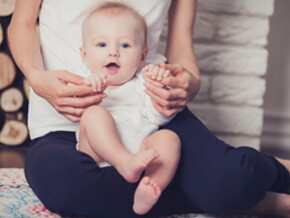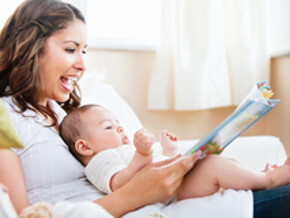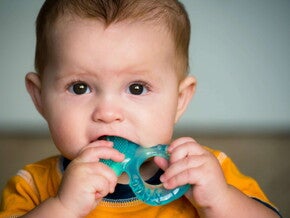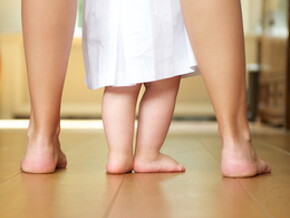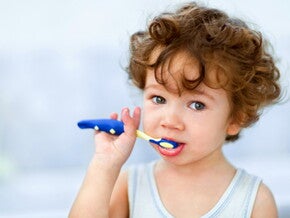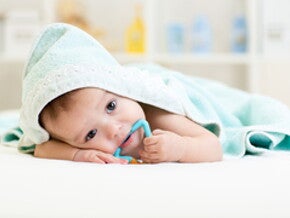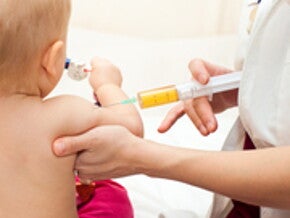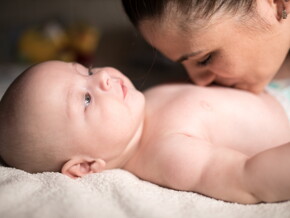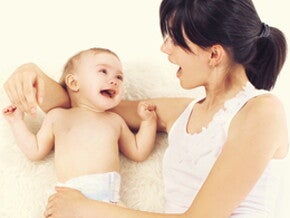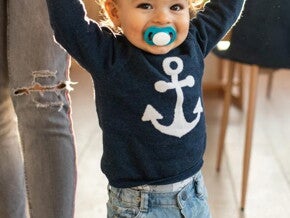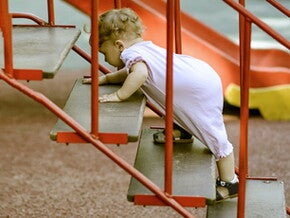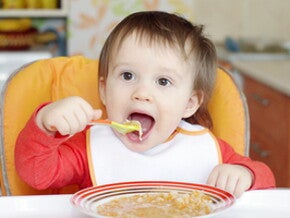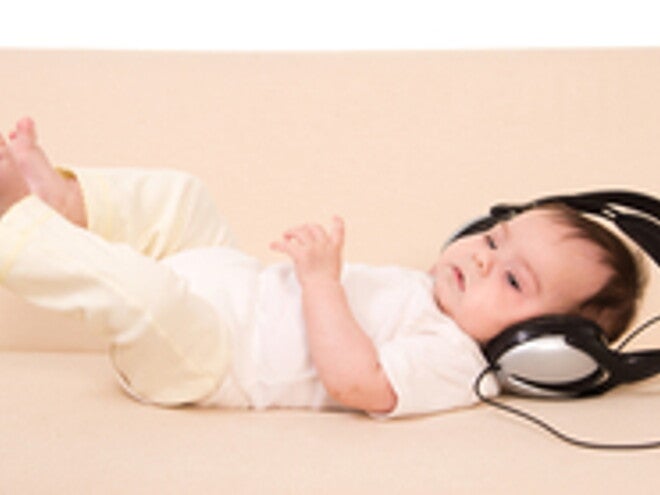
6 12 Months Developmental Milestones
Growth & Development Milestones: 6-12 Months
Between 6 and 12 months, a baby’s senses and motor skills develop in conjunction with his cognitive, language and communication capacities to help him with his ongoing attempts to explore the world and build his own understanding of the surroundings.
Here is a quick overview over the top things you should know about your baby’s development during this phase:
- Between 6 and 12 months of age, a baby becomes more capable of controlling his sight and focusing on moving objects and coordinating between his sight and his moves to grab things and explore them.
By this age, a baby enjoys looking at familiar faces, watching pictures in books and spending lots of time assembling things made of blocks and pieces.
- Between 6 and 12 months of age, a baby responds to his name and begins to understand the meaning of some commonly used words, and the proof is when he turns to his dad when someone asked about him and heads towards the ball when someone points at it.
At this same age, a baby acquires more about naming things, and stores the information he learns in his memory until he’s able to spell them.
At the end of this phase, i.e. around the 1st birthday, a baby starts to meet simple requests and tries to speak his own language and spell some simple words.
- Between 6 and 12 months, a baby learns about the different food tastes and develops his own preferences based on this knowledge.
- Between 6 and 12 months of age, a baby identifies the world through its different smells. You can help your child stimulate his smelling buds by introducing him to new odors and calling them by their names and categories.
- Between 6 and 12 months of age, a baby moves way more and that’s what increases his chances of cruising around the house and exploring the texture of things and surfaces.
Let your child make this step on his own, after you make sure your place is safe and free from harmful things or substances. And because the touch of your skin remains the most important to your child, make sure you hug your bundle of joy, kiss him and tickle him from time to time or whenever you get a chance.
To help your child achieve all these development milestones, you should try your best to be by his side in every step he makes, observe him closely, take him by his hand and introduce him to the world in all its aspects!
Read More: Social And Emotional Development In Babies


